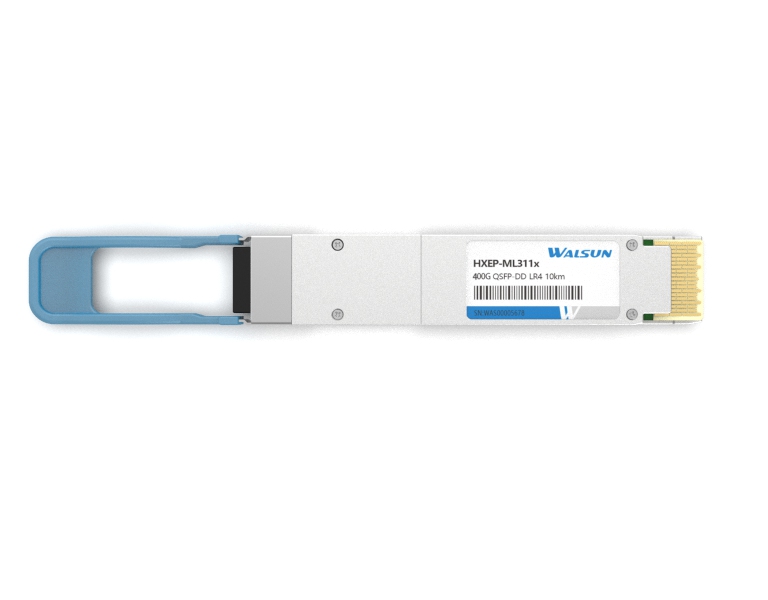PRODUCTS

- QSFP-DD (Quad Small Form-factor Pluggable Double Density) and QSFP28 DD (Quad Small Form-factor Pluggable 28 Double Density) are both high-speed transceiver form factors used in data communication applications, but there are differences between the two:1. Physical Form Factor: QSFP-DD has a larger form factor compared to QSFP28 DD. QSFP-DD has a higher port density and can support up to 8 lanes of813

- QSFP-DD (Quad Small Form-factor Pluggable Double Density) and QSFP28 (Quad Small Form-factor Pluggable 28) are both types of transceiver modules used in high-speed networking applications, but they have some key differences.1. Size and Density:- QSFP-DD is a double-density form factor, which means it has a higher port density and can accommodate twice as many channels as QSFP28. It is physically l945

- Electrical port module is also known as optical port to electrical port module, photoelectric conversion optical module, it is a kind of module that supports hot-swappable, the package form is SFP, and the connector type is RJ45.In addition, because the transmission distance of electrical port module is 10-30m or 80-100m, so the electrical port module is mainly applied to short distance data trans1523

- SFP (Small Form-factor Pluggable) and SFP+ (Enhanced Small Form-factor Pluggable) are both compact optical transceiver modules used for data communication and networking.SFP28 is an enhanced version of the SFP+ module, with a higher data transfer rate.QSFP+ (Quad Small Form-factor Pluggable) and QSFP28 are high-speed, compact, hot-pluggable transceiver modules commonly used for high-density networ1489

- QSFP-DD (Quad Small Form Factor Pluggable Double Density) and QSFP56 are both forms of high-speed transceiver modules used in data communication applications, but they have some key differences.1. Form factor:- QSFP-DD is a form factor that supports up to 8 lanes of high-speed electrical interfaces, allowing for higher capacity and data rates compared to traditional QSFP modules.- QSFP56, on the o1200


 CHS
CHS Walsun Mall
Walsun Mall










